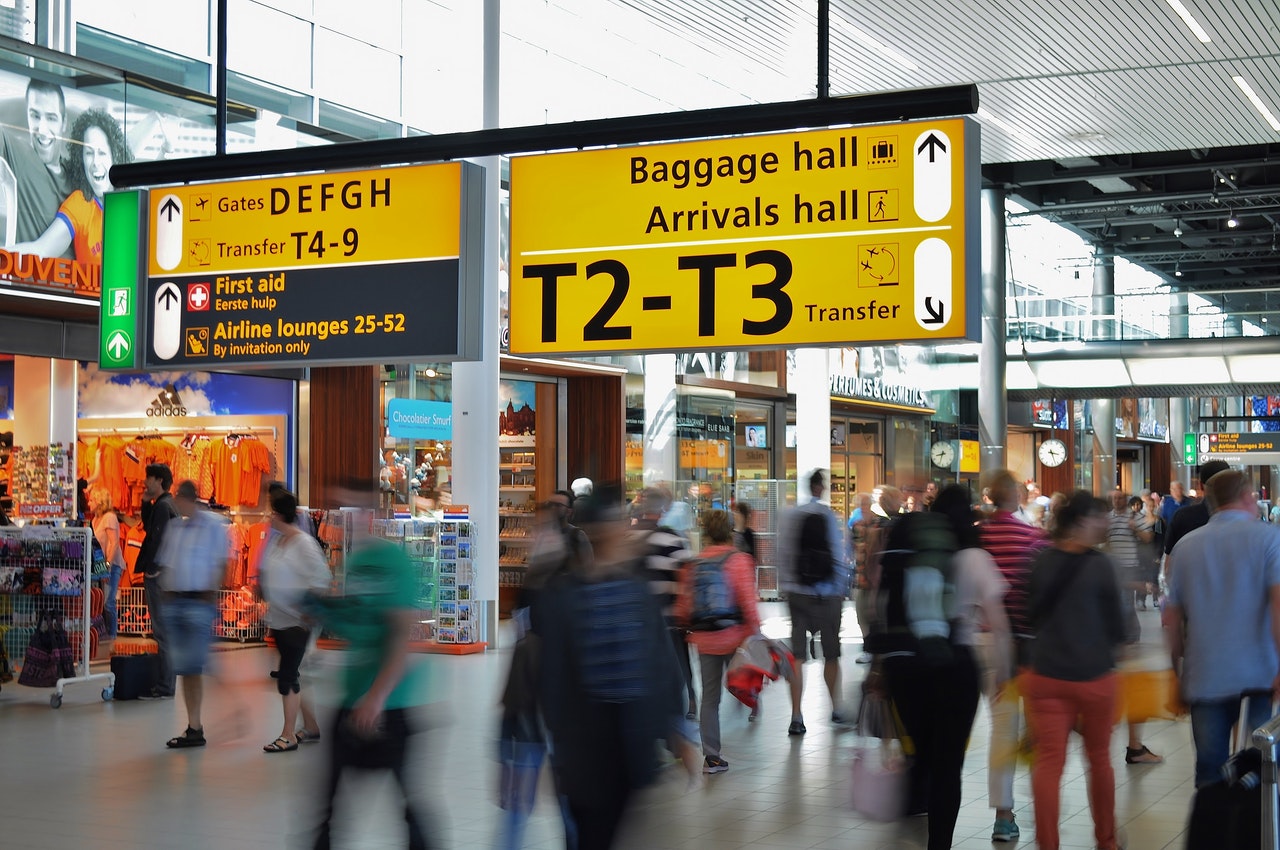In a globalized world where international travel is commonplace, airline industry dynamics significantly impact our daily lives. One aspect often overlooked is the influence of foreign exchange rates on the cost of air travel.
The fluctuation of these rates can have far-reaching implications, affecting airlines’ operational costs and, consequently, the prices passengers pay for international airfare. This piece will delve into how foreign exchange rates can influence international airfare costs, focusing on operating expenses, fuel costs, aircraft purchases and leases, debt servicing, and overall profitability.
1. Operating Expenses
Airlines operate in multiple countries and therefore have expenses in different currencies. For instance, they pay landing fees, maintenance, salaries, fuel, and other operating expenses in the currencies of the countries where they operate. If the exchange rate changes and the airline’s home currency weakens, these expenses increase, causing airlines to raise ticket prices to offset these costs.
2. Fuel Costs
Airlines are heavily dependent on fuel, and fuel costs are often denominated in U.S. dollars worldwide. If the value of the U.S. dollar increases relative to the airline’s home currency, the airline’s fuel costs rise, which might lead to increased airfare.
3. Aircraft Purchase and Lease
Airlines often purchase or lease aircraft from manufacturers who price their products in specific currencies, often U.S. dollars or Euros. If exchange rates fluctuate unfavourably, the cost of acquiring new aircraft can rise substantially, and airlines may pass these costs on to consumers in the form of higher ticket prices.
4. Debt Servicing
Airlines often have debts or leases denominated in foreign currencies. If the home currency weakens, the cost of servicing these debts can increase, leading to higher operating costs that can be passed on to consumers.
5. Profitability
Finally, airlines are businesses aiming to maintain profitability. If their costs increase due to changes in foreign exchange rates, they may increase ticket prices to maintain their profit margins.
In Conclusion
In an interconnected world, the airline industry are significantly influenced by the volatility of foreign exchange rates. A rise in these rates can escalate the airline’s costs, potentially leading to increased airfare. Moreover, these currency fluctuations can impact the cost of aircraft acquisition and leasing, typically in U.S. dollars or Euros. While airlines strive to maintain profitability, these increased costs could be passed on to passengers in the form of higher ticket prices. However, it’s essential to consider other factors like competition, regulations, long-term contracts, and hedging strategies that could mitigate the direct impact of these changes on airfare prices.







